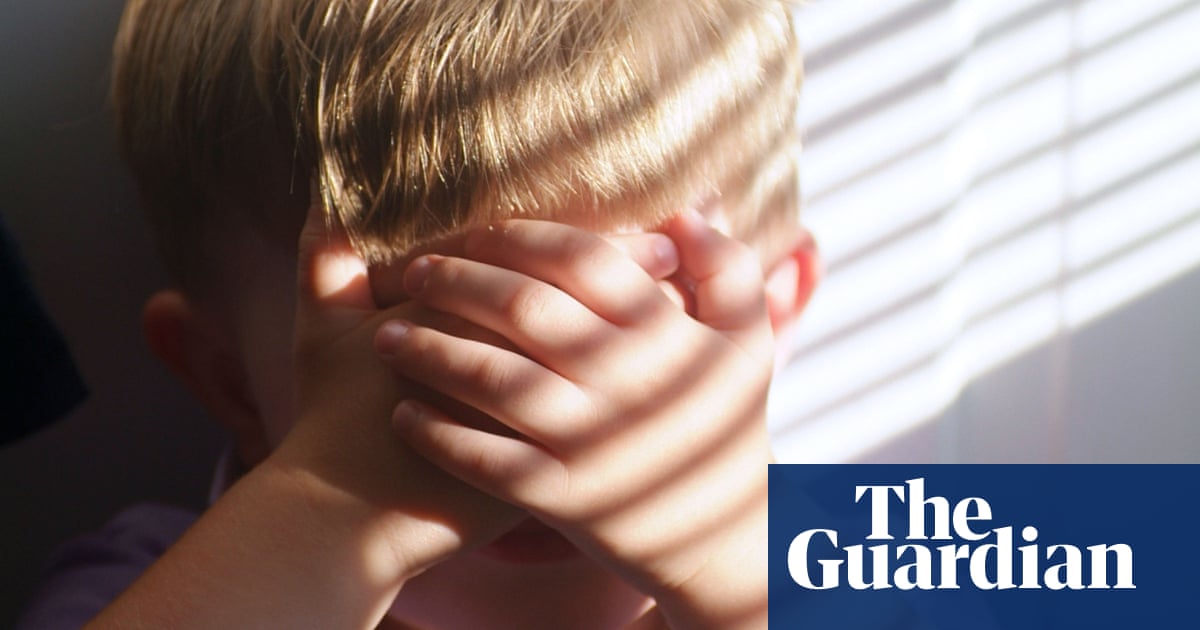Being shouted at by their parents reshapes children’s brains and makes them more likely to have mental ill-health and struggle to maintain friendships, MPs will hear on Monday.
Verbal abuse by adults can leave children unable to enjoy pleasure and seeing the world as threatening, experts in child development and mental health will tell a meeting at Westminster.
“As children we believe what we are told, deeply folding the words of adults into our understanding of ourselves and the world around us. When those words are hostile, demeaning or humiliating, they can have lifelong consequences,” said Prof Eamon McCrory, a clinical psychologist, chief executive of the mental health charityAnna Freudand a professor of developmental neuroscience and psychopathology at University College London (UCL).
“They can profoundly shape our sense of self and whether we feel lovable and confident in navigating an unpredictable world. As a clinical psychologist, I see in my clients how childhood messages – both negative and positive – shape who they become.
“The critical words received by adults in childhood underpin so much of their later anxiety, pain and distress, even if they have spent decades trying to prove those words wrong.”
Scans of children’s brains McCrory has undertaken using functional magnetic resonance imaging have shown that “sustained exposure to abuse, including verbal abuse, leads to significant biological alterations in the brain’s structure and function”, he said.
It can alter both the “threats” and “rewards” circuits in a child’s brain, which play a key role in helping them to navigate the world and also in building and maintaining relationships.
“Our imaging studies show how abuse, including verbal abuse, can alter a child’s brain so that the world is perceived as a more dangerous place,” McCrory said.
Children subjected to verbal abuse can start to misinterpret neutral jokes, glances or facial expressions as threatening, and it can lead to them withdrawing from social contact or lashing out to protect themselves, he added.
McCrory and other leading experts will warn MPs and peers from various political parties that verbal abuse of children by parents, teachers and activity leaders during infancy, childhood and adolescence is “widespread and indiscriminate” and “the most prevalent form of child maltreatment”.
TheWorld Health Organizationviews emotional abuse, including verbal abuse, as a key form of maltreatment of and violence against children.
Two in five children (41%) in the UK are subjected to verbal abuse some of the time or regularly, according to a research study in 2023.
The meeting with parliamentarians, organised by the charityWords Matter, is part of an effort to “bring verbal abuse out of the shadows and give it the same attention as other forms of maltreatment”, said Prof Peter Fonagy , the head of the division of psychology and language sciences at UCL.
“It is one of the most preventable causes of mental health problems. Harsh words can actively weaken the brain’s foundation during development,” he said. “Children need kind, supportive communication from adults. It’s vital for building their identity and emotional resilience.”
Andrea Danese, a professor of child and adolescent psychiatry at King’s College London, said: “The sticks and stones rhyme is wrong. Words can harm a child’s wellbeing and development and leave lifelong psychological scars.
“Encouraging language can inspire a child to learn, recover from setbacks and grow into a fully rounded adult. But being the subject of verbal abuse can twist a young person’s understanding of who they are and their role in the world.”
Sharon Hodgson, the Labour MP and former shadow health minister, who has sponsored the gathering, said verbal abuse – which can include denigrating a child and calling them “stupid” – had been “under the radar” for too long and did “significant and lasting harm”.
Experts in the US and UK have previously said verbal abuse can beas damagingas physical or sexual abuse.
Jessica Bondy, the founder of Words Matter, urged ministers to act. “Neuroscience shows clearly that verbal abuse profoundly harms children’s developing brains. If the government truly wants the healthiest generation in history, tackling verbal abuse must become a core part of the national mental health strategy,” she said.
The Department Department for Education was approached for a response.
